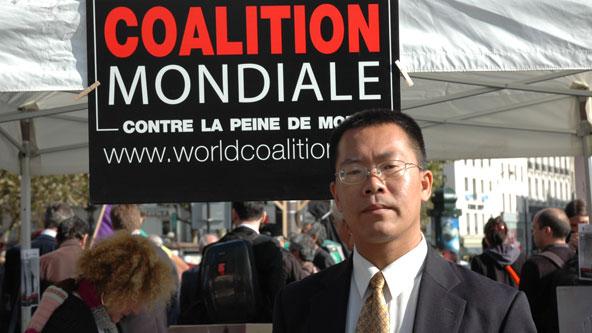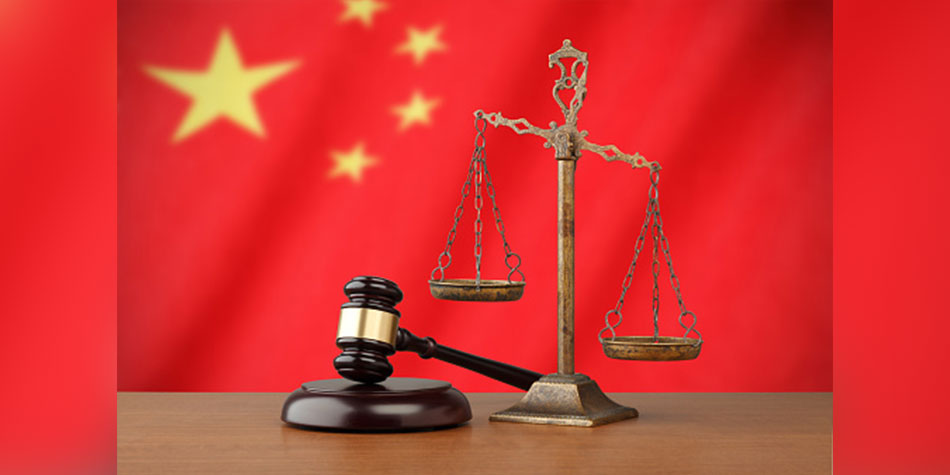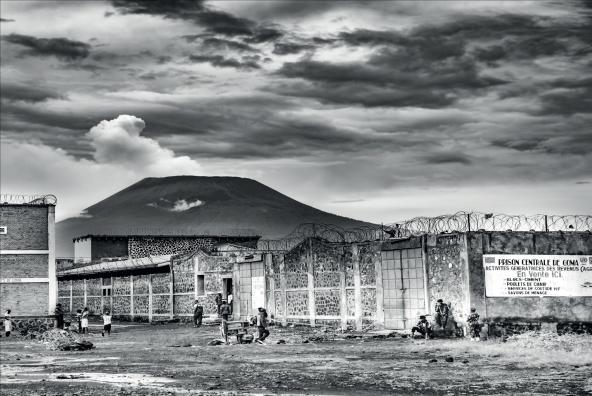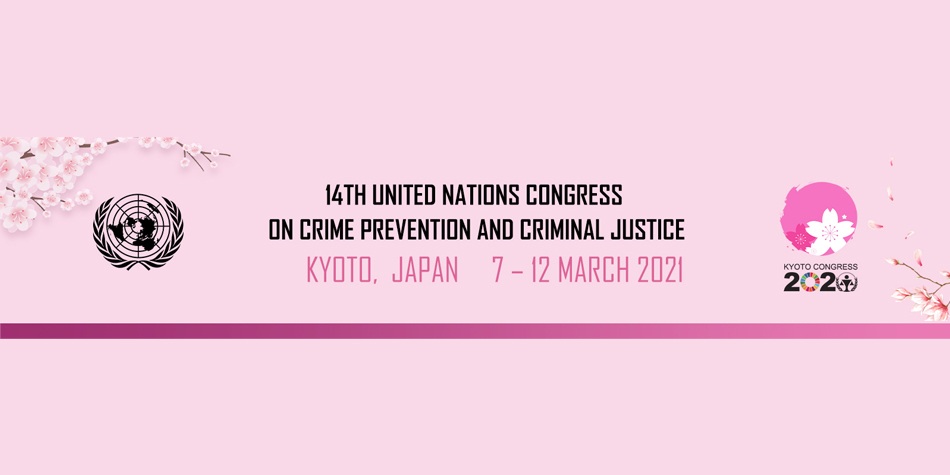
Chinese lawyers hailed as “heroes for justice”
World Congress
Lawyer and law professor Teng Biao told participants to the 5th World Congress Against the Death Penalty of the difficulty of being a defence lawyer in capital cases in China.
“The practice of annually inspecting lawyers’ licenses is like the sword of Damocles hanging over all lawyers,” said the founder of the “China Against the Death Penalty ” network, who has been at the forefront of the abolitionist movement in China. He said bar associations were not independent and renew all lawyers’ licences every year – a document without which it is impossible to work.
“Alternatively, they can overtly threaten human rights lawyers and prevent them from presenting sensitive cases,” Teng added. Another problem faced by many attorneys is the accusation of falsification of evidence or “perjury by lawyers”.
Lawyers’ rights not guaranteed
Lawyers’ rights including the right to see their client, have access to the relevant files, investigate a case for evidence, cross examine in court and make defence statements, are often not guaranteed. Lawyers have also been sent to re-education through labour camps, prisons, or subjected to forced disappearance or torture when working on sensitive cases.
Liang Xiaojun, a lawyer and member of China Against the Death Penalty, stressed that Teng Biao himself was taken into temporary custody on the eve of the 2008 Beijing Olympics. Later on, his lawyer’s license was revoked by the authorities and in 2011, during the “jasmine revolution” following the Arab Spring, he was arrested by the authorities and secretly detained for 70 days during which he was subjected to inhumane treatment.
Former French justice minister and of International Commission Against the Death Penalty member Robert Badinter called lawyers who defend prisoners at the risk of their physical integrity « heroes for justice ».
Focus on death penalty cases and unfair trials
More than 85% of executions worldwide occur in China, which makes the task of local lawyers gigantic. Their strategy is to focus on cases involving confessions under torture, self-defence, lack of evidence or mental illness to raise public awareness and improve the standards for fair trials.
Lawyer Liu Weiguo introduced three cases on which lawyers have been working in China to reduce the use of the death penalty. In one of them, Zhao Zuohai was sentenced to death in 2002 for the murder of Zhao Zhenshang.
On 8 May 1998, a headless decaying corpse was discovered in their village. The local police identified it as Zhao Zhenshang and arrested Zhao Zuohai on suspicion of murder. Between 10 May and 18 June 1999, Zhao Zuohai confessed nine times. On 30 April 2010 Zhao Zhenshang returned to the village alive.
The case attracted a lot of public attention, resulting in improved policy on the exclusion of illegally obtained evidence. “Our exposure through the media and social networks of these cases got a lot of public support. From these cases, you can see there is the danger of the death penalty”, Liu said.
“The lawyers face a lot of difficulties and their impact in death penalty cases is limited in general. But with their persistence in procedural rights, with the power of internet media, the lawyers can still make a difference,” he added.
Role of the international community
Exchange of good practices
Teng Biao also spoke at a workshop about legal representation in capital cases and the launch of a new manual for lawyers who defend people facing the death penalty.
Sandra Babcock, author of the manual, asked him what the international community could do to support their work. He answered that it was very important to publicise cases and information about the death penalty in China.
He also recommended supporting lawyers through training and exchanges of good practices and information, especially when they face pressure in China.






